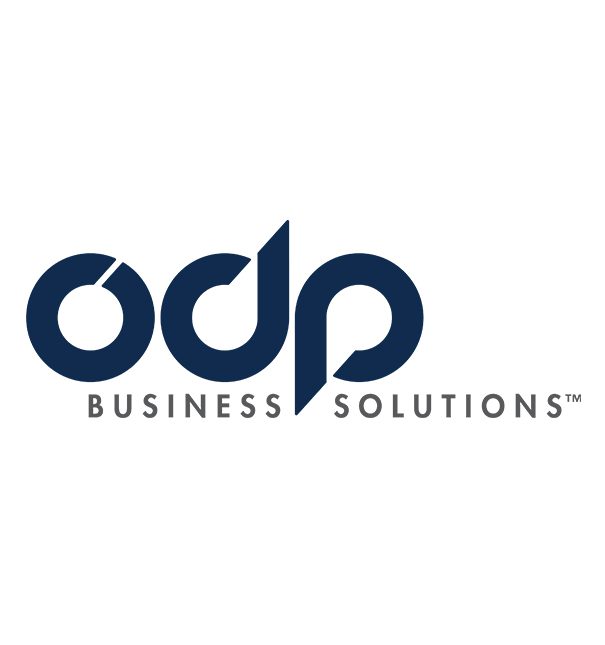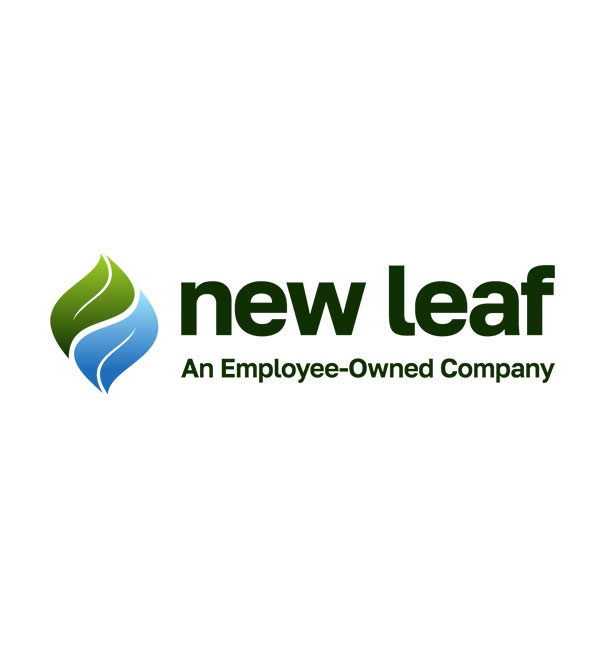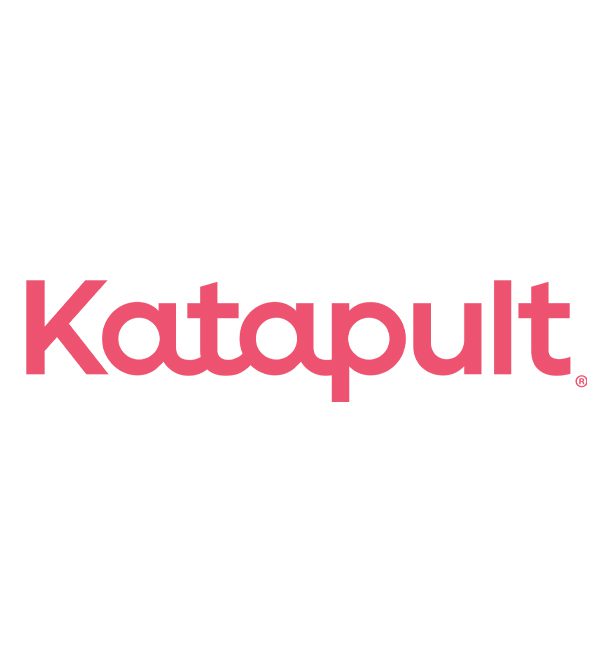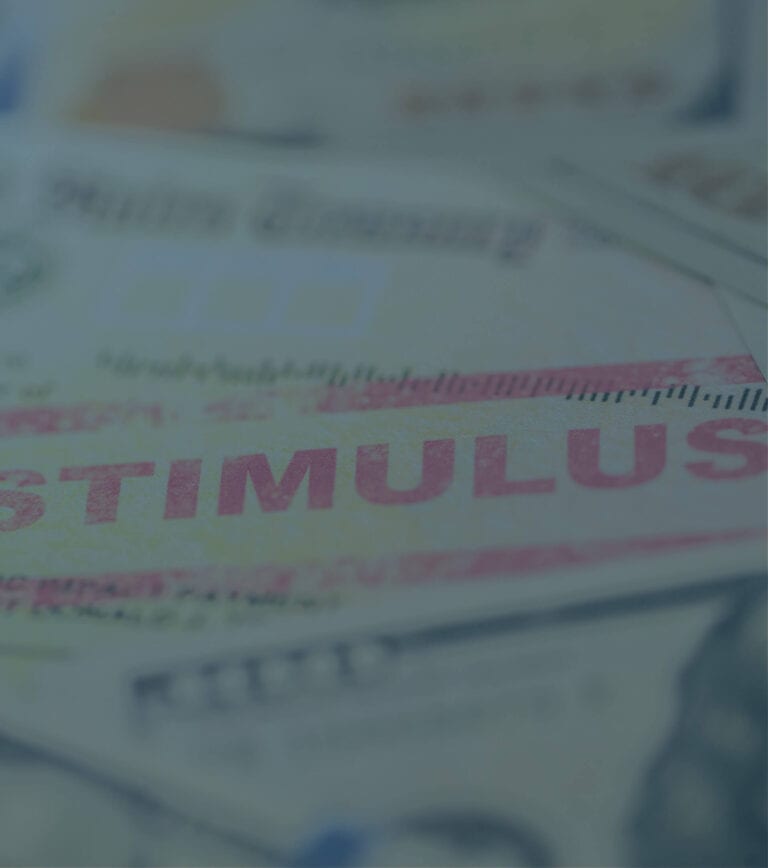The Coronavirus Aid, Relief and Economic Security Act delivers strong tax benefits to furniture retail businesses.
[HFA webinar: What the $2.2 trillion relief bill means to your business]
Employee Retention Tax Credit
One benefit is the Employee Retention Tax Credit. This is a credit against applicable employment taxes (Social Security, 6.2 percent of payroll) available if the operation of the business is fully or partially suspended during a calendar quarter due to government orders. An employer is also eligible during the first calendar quarter in which it has a decline in gross receipts of more than 50 percent from the same quarter last year. Eligibility continues in each subsequent quarter until gross receipts recover to at least 80 percent from the same quarter in the prior year.
The credit is 50 percent of the qualifying wages of the employer. In general terms, qualifying wages for each employee are limited to $10,000 for all quarters, and wages paid to certain employees are subject to additional limitations or exclusions. The credit is not available if the employer borrows under the Small Business Administration’s Paycheck Protection Loan Program. The credit is also reduced by any credits allowed under the sick leave and family leave provisions of the Families First Coronavirus Relief Act.
There are differences depending on the size of employers. For businesses with more than 100 employees, qualified wages are those paid to the extent that the employee is not performing services due to the suspension of business or the decline in revenue. For smaller businesses, qualified wages are those paid during a suspension or period of revenue decline, even if employees continued to provide services.
Qualified wages include the pre-tax portion of payments by the employer to provide and maintain a group health plan. More federal guidance is expected about this.
The credit is effective for wages paid after March 12 and before Jan. 1, 2021.
Payroll tax delay
Many employers will be allowed to defer paying their share of payroll Social Security tax. Half of this deferred amount would be due on Dec. 31, 2021, and the other half by Dec. 31, 2022. A partial deferment is available to self-employed individuals, although half of the tax owed must be paid on the existing schedule.
Employers that receive loan forgiveness under the SBA Paycheck Protection Program, however, are not eligible to defer these taxes.
Qualified Improvement Property depreciation
The Tax Cuts and Jobs Act of 2017 included a drafting error that affected so-called “qualified improvement property,” or QIP. QIP includes interior improvements to existing business property, including retail. The intent was to allow the cost of these improvements to be depreciated as if it was personal property, generally over five to 15 years, and to be eligible for bonus depreciation. Instead, the drafting error extended the depreciation to 39 years and did not allow bonus depreciation.
[Tax fix bills benefiting retailers gain support]
The Home Furnishings Association and business allies pushed for legislation to correct this error. Bills to accomplish the fix were introduced in both the House and Senate last year, drawing support from bipartisan majorities in both chambers. But congressional leaders did not allow the legislation to advance. The CARES Act eliminates the drafting error, and retailers now can claim bonus deprecation for the costs associated with interior improvements. In addition, the fix is retroactive to 2018, which means businesses that made such improvements in 2018 can file amended returns for that year and receive refunds for the taxes they overpaid. The same is true for 2019 returns. This also provides an incentive for retailers to use this time when stores are closed to make renovations if construction crews are available.
Modification of net operating losses
The Tax Cuts and Jobs Act of 2017 eliminated net operating loss (NOL) carrybacks for certain years. Such losses could be carried forward indefinitely but were limited to 80 percent of taxable income in the relevant period. The CARES Act allows NOLs from tax years 2018, 2019 and 2020 to be carried back five years and eliminates the 80 percent limitation for those tax years.
Taxpayers will be able to amend tax returns for the applicable years to claim refunds arising from the use of these NOLs. They will have until March 15, 2021, to file claims for refunds. Taxpayers that seek to carry back 2020 losses to earlier years will have to wait until their 2020 returns are filed, which may not be until late January or early February 2021, to apply for these refunds for prior years. Yet, businesses can take advantage of the opportunity to purchase equipment this year and claim a deduction under “bonus depreciation” provisions. If doing so contributes to an NOL for 2020, it can be applied to a prior year, yielding a refund.
The CARES Act also amends federal income tax rules applicable to the use of NOLs for C corporations. A corporation that incurs an NOL in 2020 may carry it back to the prior five years to offset income in those year and claim a refund.
Losses for non-corporate taxpayers
The 2017 TCJA limited the ability of non-corporate taxpayers such as individuals, trusts and estates to deduct excess business losses to $250,000 a year or $500,000 for a married couple filing jointly. Unused excess business losses could be carried forward as NOLs through the 2026 tax year. The CARES Act delays the business loss limitation until 2021, allowing non-corporate taxpayers to deduct all excess business losses through the end of the 2020 tax year. Taxpayers with losses in 2018 and 2019 that were disallowed by the limitation may file for refunds.
Alternative minimum tax credit
The CARES Act expands the ability of companies to claim refundable alternative minimum tax credits, which can help their cash flow. The TCJA had repealed the AMT for corporate taxpayers effective after Dec. 31, 2017. For 2018-2021, it allowed taxpayers to claim refundable AMT credits. The CARES Act accelerates the allowance of refundable AMT tax credits to tax years 2018-2019 and provides for expedited refund procedures.
Interest expense deduction
The CARES Act temporarily increases the interest expenses businesses may deduct on their tax returns by lifting the adjusted taxable income limitation from 30 percent to 50 percent for 2019 and 2020. The TCJA previously limited the deduction for business interest for taxpayers with average gross receipts of $25 million or more to 30 percent of the taxpayer’s adjusted taxable income for tax years beginning in 2018. In addition, the CARES Act allows a taxpayer to treat its 2020 adjusted income as if it were the same amount as its 2019 adjusted taxable income for purposes of applying the interest expense limitation.












